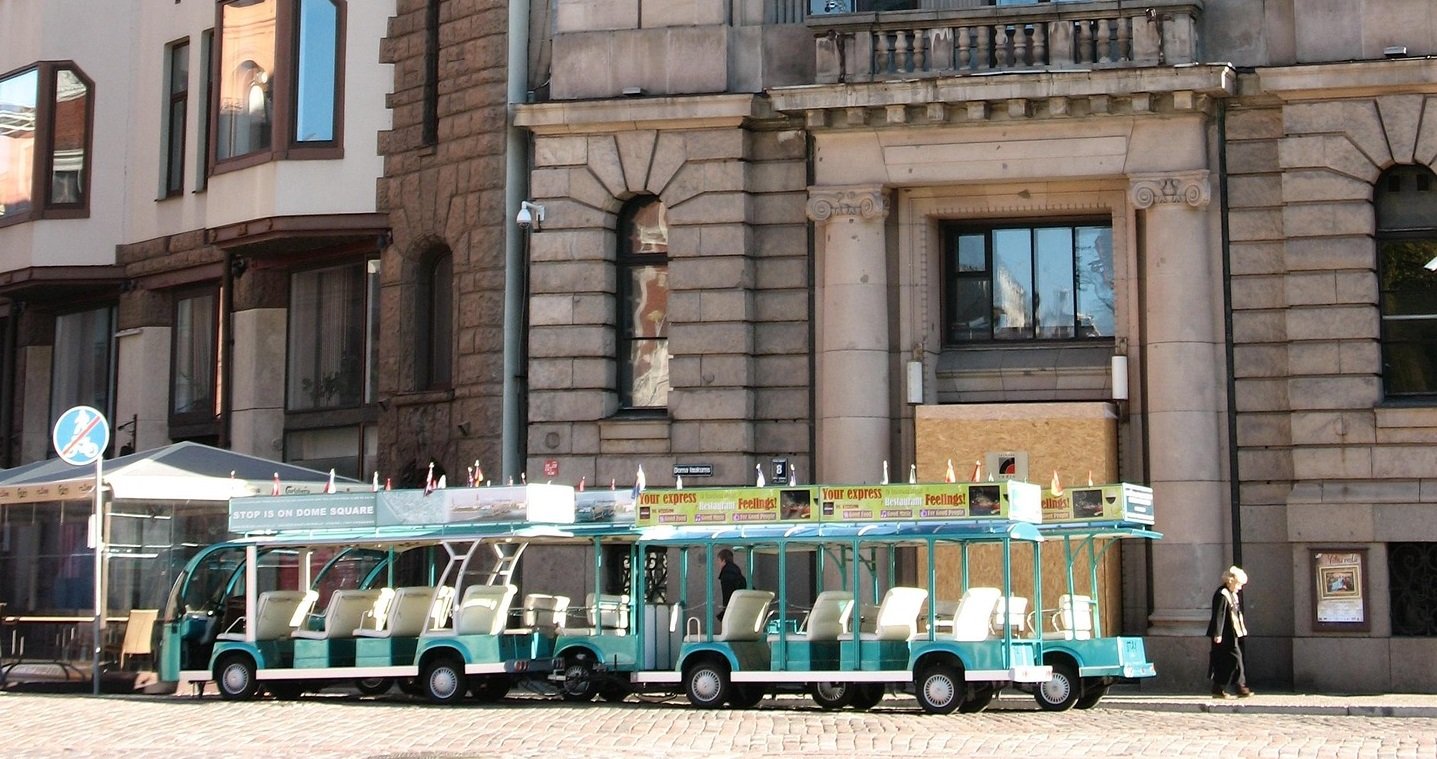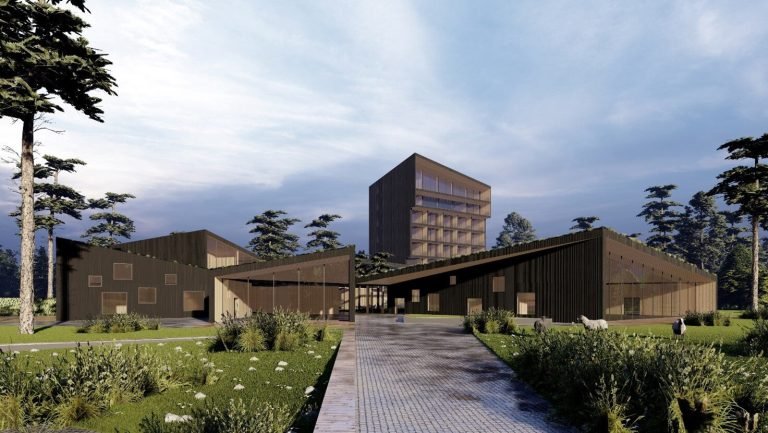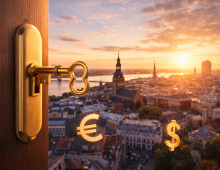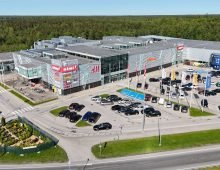The 2025 tourism season has started poorly for Latvia’s hospitality industry, Andris Kalniņš (Greens/Farmers), President of the Latvian Association of Hotels and Restaurants (LVRA), told LETA.
He noted that cool and rainy weather has especially affected the tourism season in seaside resort towns. “This has a significant impact on the revenues of both accommodation and catering businesses, which are critical during the summer season to survive the winter months,” Kalniņš added.
He said that while the number of foreign tourists is generally increasing, Latvia still ranks last in the European Union (EU) in foreign tourist arrivals compared to 2019. Kalniņš pointed out that Riga used to be the tourism capital of the Baltics, but now lags behind Tallinn in visitor numbers.
According to him, this is the result of a lack of targeted action and neglect of the sector at both state and municipal levels.
Kalniņš stressed that Lithuania and Estonia systematically invest two to three times more than Latvia in promoting their country’s image, tourism offer, and international event attraction. Meanwhile, Latvia, with one of the smallest marketing budgets, expects similar results – which, he said, is unrealistic.
He pointed out that last year inbound tourism to Latvia generated over EUR 1.3 billion from foreign visitor spending. However, if the country invested in tourism marketing at the same level as Lithuania and Estonia, it could attract an additional EUR 200 – 400 million annually.
He emphasized that if strategic decisions are not made soon to strengthen Latvia’s competitiveness in the tourism sector, the country will continue to fall behind, losing potential hospitality industry revenue, jobs, and tax income.
Kalniņš added that given the difficult start to the season and the industry’s slow recovery, targeted state support – including competitive tax policies – is especially important. “The Latvian catering industry has long been calling for a reduced value-added tax (VAT) rate, as is the case in most EU countries,” he said.
According to him, a reduced VAT rate would be one of the most effective tools to stabilize the sector, promote recovery, and boost Latvia’s regional competitiveness.
Kalniņš concluded that Latvia’s tourism industry needs a strategic approach and support, including an increased marketing budget and VAT reduction on catering. These would be the strongest measures to reverse the early season’s negative trend, strengthen Latvia’s position in EU tourism, and increase next year’s revenue and job numbers in the sector.
As reported, according to the Central Statistical Office, the number of nights spent by guests in Latvian hotels and other tourist accommodations in the first five months of this year increased by 11.3 percent compared to the same period in 2024, reaching 1.575 million.
However, compared to the same period in 2019, the number of guests staying in Latvian tourist accommodations in the first five months of this year is 2.5 percent lower. This includes a 15.4 percent drop in the number of foreign guests and a 25.2 percent increase in local residents. At the same time, the number of nights spent by guests is 12.5 percent behind 2019 figures, including a 22.6 percent drop among foreign guests.
The LVRA unites accommodation and catering establishments for professional cooperation. It is a member of the Association of Hotels, Restaurants and Cafes in Europe.
Source: BNS
(Reproduction of BNS information in mass media and other websites without written consent of BNS is prohibited)















